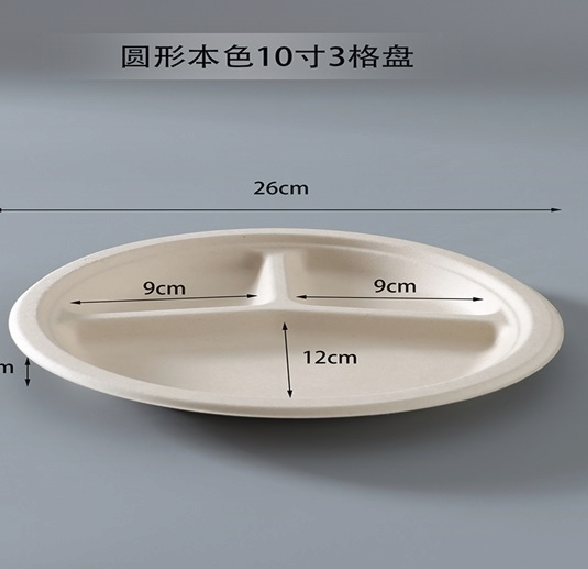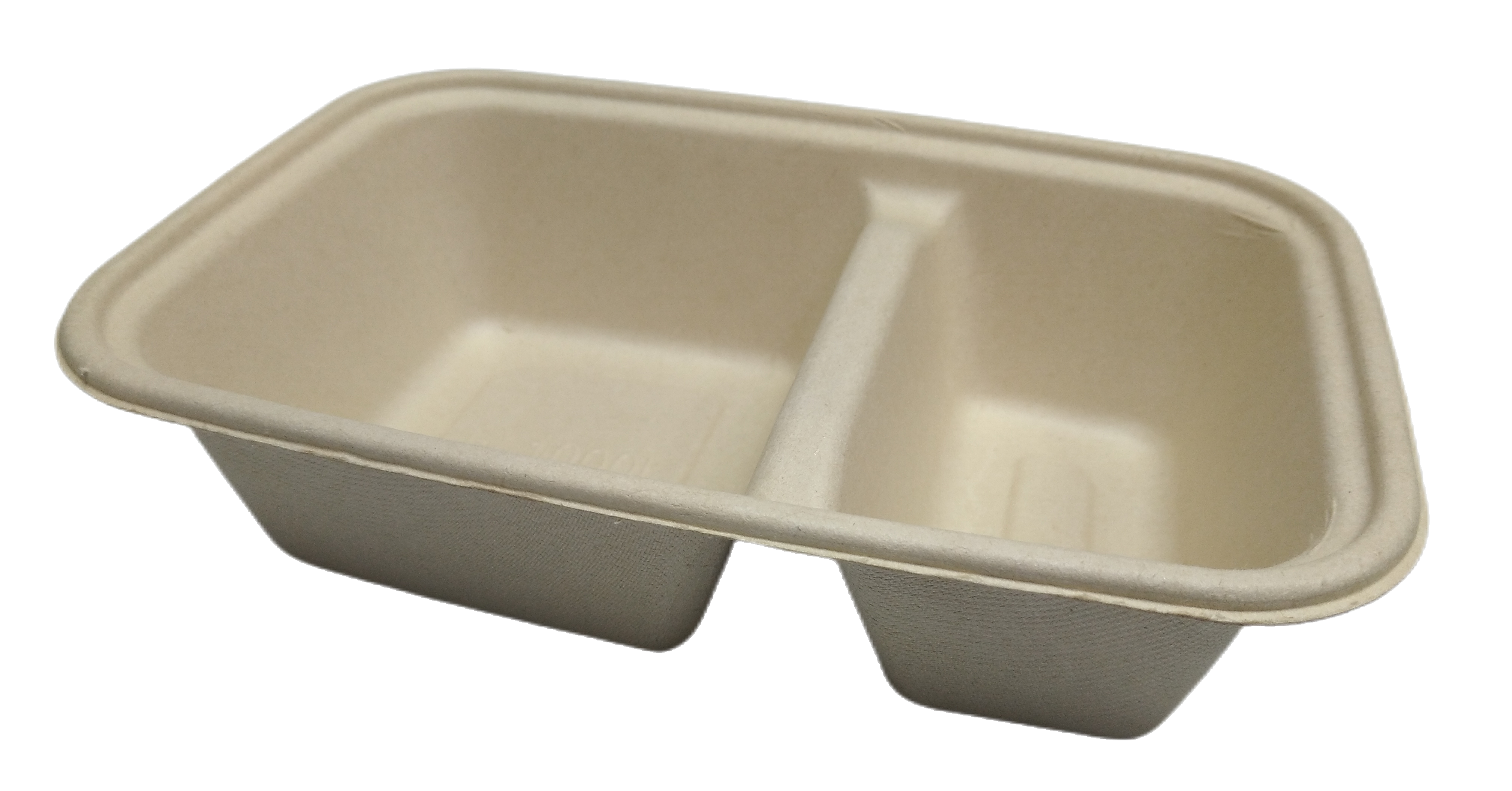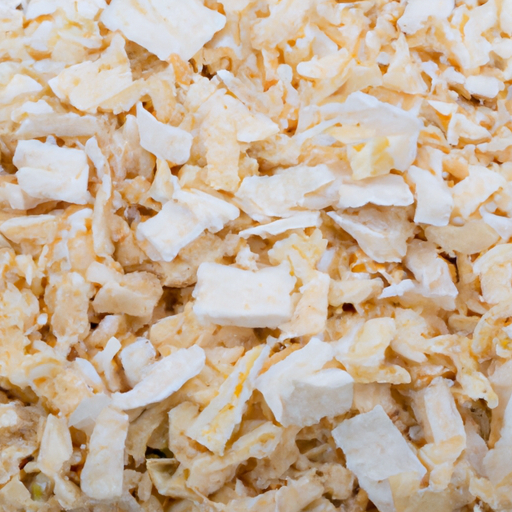composteerbare voedselcontainer
De voordelen van het gebruik van composteerbare voedselcontainers: onderzoek naar de milieu-impact
Composteerbare voedselcontainers bieden een aantal milieuvoordelen ten opzichte van traditionele plastic containers. Door composteerbare voedselcontainers te gebruiken, kunnen bedrijven en consumenten hun impact op het milieu verminderen en bijdragen aan een duurzamere toekomst.
| Stijl | Materiaal | Gewicht |
| Gespecificeerd | Suikerriet | Zoals aangegeven |
Tot slot kunnen composteerbare voedselcontainers worden gebruikt om voedingsrijke compost te maken. Wanneer composteerbare containers in een compostbak worden geplaatst, zullen ze afbreken en waardevolle voedingsstoffen in de grond vrijgeven. Dit kan helpen om de bodemkwaliteit te verbeteren en een gezonde plantengroei te bevorderen.
Over het algemeen bieden composteerbare voedselcontainers een aantal milieuvoordelen ten opzichte van traditionele plastic containers. Door composteerbare containers te gebruiken, kunnen bedrijven en consumenten hun impact op het milieu verminderen en bijdragen aan een duurzamere toekomst.
Hoe u de juiste composteerbare voedselcontainer kiest voor uw behoeften: een gids voor consumenten
Compostable food containers are an excellent choice for those looking to reduce their environmental impact. They are made from renewable materials, such as plant-based plastics, and can be composted at the end of their life. However, with so many different types of compostable food containers available, it can be difficult to know which one is right for your needs. This guide will help you make an informed decision when choosing a compostable food container.
First, consider the type of food you will be storing in the container. Different types of food require different types of containers. For example, if you are storing wet or oily foods, you will need a container that is designed to be leak-proof. On the other hand, if you are storing dry foods, you may be able to get away with a less expensive container.
Next, consider the size of the container. Compostable food containers come in a variety of sizes, so you should choose one that is large enough to accommodate the amount of food you will be storing. If you are storing large amounts of food, you may want to consider a larger container.
Finally, consider the cost of the container. Compostable food containers can range in price from very affordable to quite expensive. If you are on a budget, you may want to opt for a less expensive option. However, if you are looking for a container that will last for a long time, you may want to invest in a higher quality container.
By following these tips, you can make an informed decision when choosing a compostable food container. Remember to consider the type of food you will be storing, the size of the container, and the cost of the container. With the right compostable food container, you can reduce your environmental impact and enjoy delicious meals.


